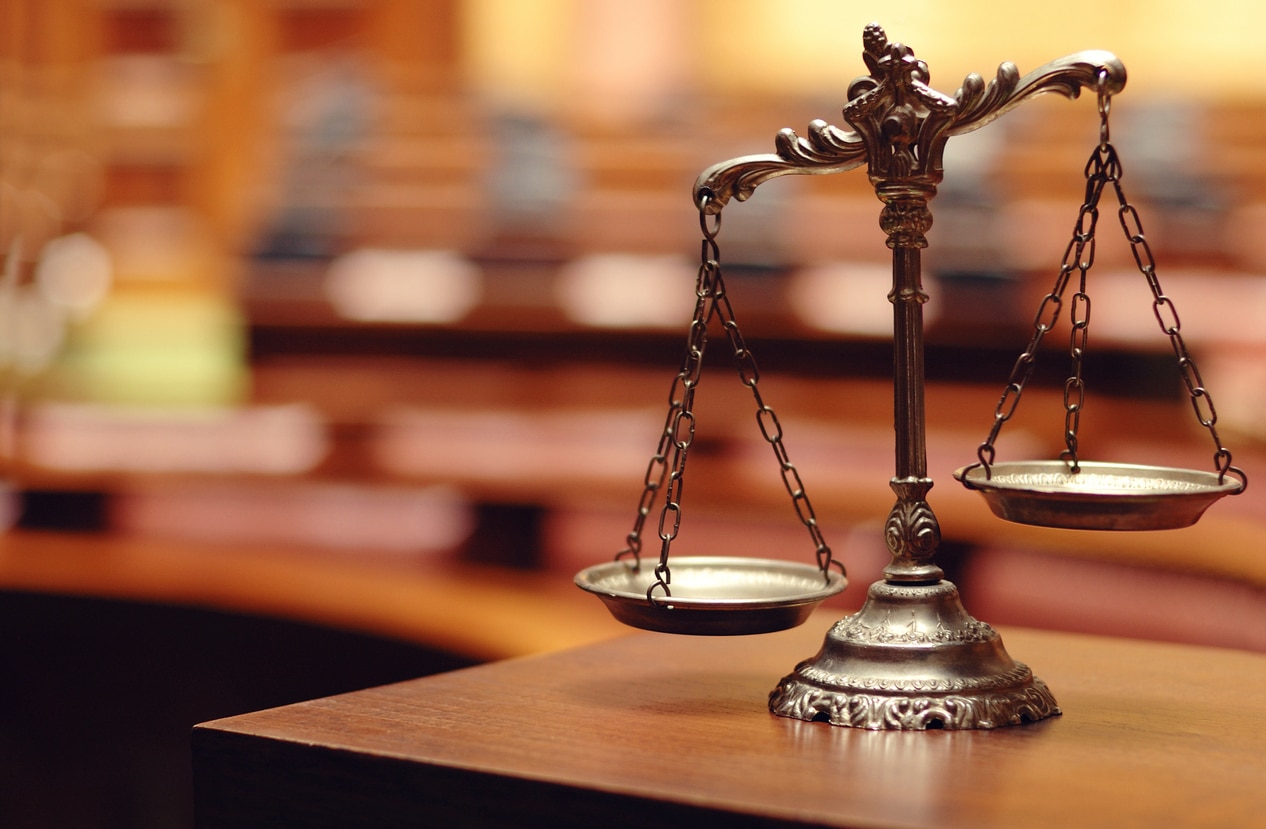Ordinarily, neither HMRC nor the taxpayer can recover costs if they are successful. This was introduced in 2009 so that taxpayers could appeal without the worry of having to pay substantial HMRC costs if they lose.
However, if the taxpayer or HMRC act unreasonably during the appeal process, or have brought and appeal, or challenged an appeal, without any real chance of success, then a claim can be made for unreasonable conduct under Rule 10(1)(b).
CTM has made many successful applications for costs and the following extracts from caselaw can be taken into account.
“[34] …in our view, a tribunal faced with an application for costs on the basis of unreasonable conduct where a party has withdrawn from an appeal should pose itself the following questions:
(1) what was the reason for the withdrawal of that party form the appeal?
(2) having regard to that reason, could that party have withdrawn at an earlier stage in the proceedings?
(3) was it unreasonable for that party not to have withdrawn at an earlier stage?”
“How is conduct to be assessed?
(1) the threshold implied by the words “acted unreasonably” is lower than the threshold of acting “wholly unreasonably” which had previously applied in relation to proceedings before the Special Commissioners;
(2) it is possible for a single piece of conduct to amount to acting unreasonably;
(3) actions include omissions;
(4) a failure to undertake a rigorous review of the subject matter of the appeal when proceedings are commenced can amount to unreasonable conduct;
(5) there is no single way of acting reasonably, there may well be a range of reasonable conduct;
(6) the focus should be on the standard of handling the case…”
‘It is, quite plainly, an inclusive phrase designed to capture cases in which an appellant has unreasonably brought an appeal which he should know could not succeed, a respondent has unreasonably resisted an obviously meritorious appeal, or either party has acted unreasonably in the course of the proceedings, for example by persistently failing to comply with the rules or directions to the prejudice of the other side.’”
Finally, if the taxpayer has incurred additional costs for just one part of the appeal process due to HMRC’s unreasonable conduct, then an application to the tribunal can be made for that element of the legal fees to be repaid, even if it is before the appeal process is concluded.


